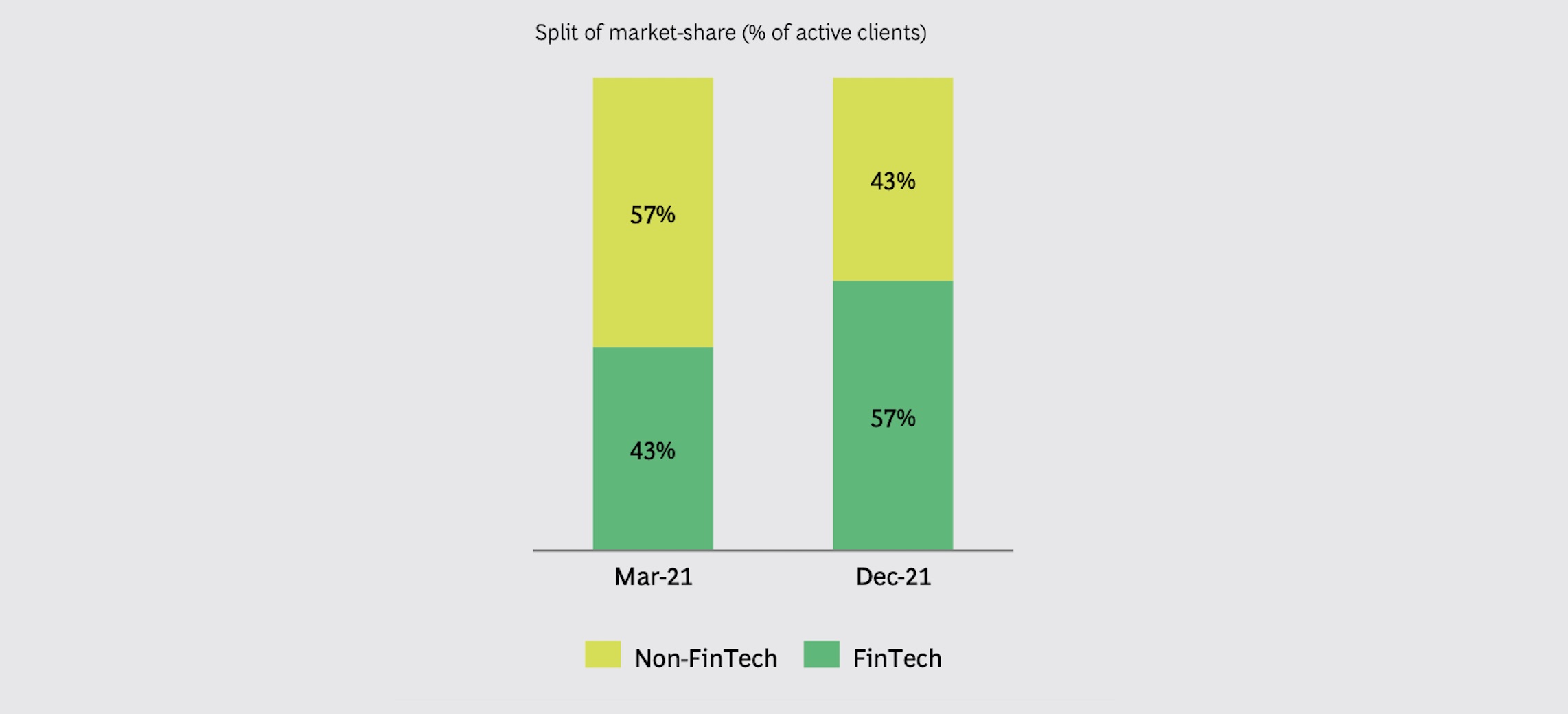News: Polestar “will have to question everything” in order to build the first climate-neutral EV
Polestar, the Swedish electric vehicle brand spun out of Volvo Car Group, set on Wednesday a “moonshot goal” of creating the first climate neutral car by 2030. But instead of getting there through more widely-practiced offsetting measures, such as planting trees, the company said it’s going to fundamentally change the way the new EV is
Polestar, the Swedish electric vehicle brand spun out of Volvo Car Group, set on Wednesday a “moonshot goal” of creating the first climate neutral car by 2030. But instead of getting there through more widely-practiced offsetting measures, such as planting trees, the company said it’s going to fundamentally change the way the new EV is made.
That means rethinking every piece of the supply chain, from materials sourcing through to manufacturing, and even by making the vehicle more energy efficient.
“We’re going to do it by reducing emissions, eliminating emissions, rather than offsetting, like many are relying on today, because we see that offsetting is a worrying strategy,” Fredrika Klarén, Polestar’s Head of Sustainability, said in an interview with TechCrunch. “The science is not actually backing it up in terms of its capability of offsetting emissions from producing products.”
While the direct outcome will be a new car – what the company is calling Polestar 0 – it will require a total overhaul of the manufacturing process that could eventually extend to Polestar’s other models. Klarén said that although Polestar’s entire fleet will not be climate neutral by 2030, the company and its parent Volvo have already set targets of being climate neutral across their operations, including Polestar, by 2040.
Both of Polestar’s current models, Polestar 1 and 2, are manufactured in China. Klarén said while much about the Polestar 0 has yet to be determined, the company hopes that it, too will be Chinese-made. Although the country still has a strong reliance on coal, there’s massive development in sustainable technology and manufacturing, she pointed out.
“If I get to vote, we will continue producing in China, but that being said, the Polestar 0, the solutions we will use are not identified yet and we’re going to need to think in new ways we didn’t think was possible prior – where it will be produced, what materials will go in [it],” said Klarén.
Nor are any of the internal systems settled. Geely AG, the parent company of Volvo Cars and Polestar, has been developing its own internal computer-and-battery platform, but it hasn’t been decided whether the new Polestar model will use this system.
She said the most challenging parts of the EV manufacturing process to transition to climate neutral are the materials, specifically aluminum, steel, and battery components.
“We need to tackle the production-related emissions,” she explained. The environmental impact of producing steel, aluminum and the basic materials found in lithium-based batteries is still significant.
Along with the new vehicle, Polestar also launched a product sustainability declaration that clearly lists the carbon footprint of Polestar 2 and all coming models.
“Offsetting is a cop-out,” Polestar CEO Thomas Ingenlath said in a statement. “By pushing ourselves to create a completely climate-neutral car, we are forced to reach beyond what is possible today. We will have to question everything, innovate and look to exponential technologies as we design towards zero.”


 Our new Digital Markets Unit, launched today, will help make sure tech giants can’t exploit their market dominance to crowd out competition and stifle innovation online.
Our new Digital Markets Unit, launched today, will help make sure tech giants can’t exploit their market dominance to crowd out competition and stifle innovation online. 

